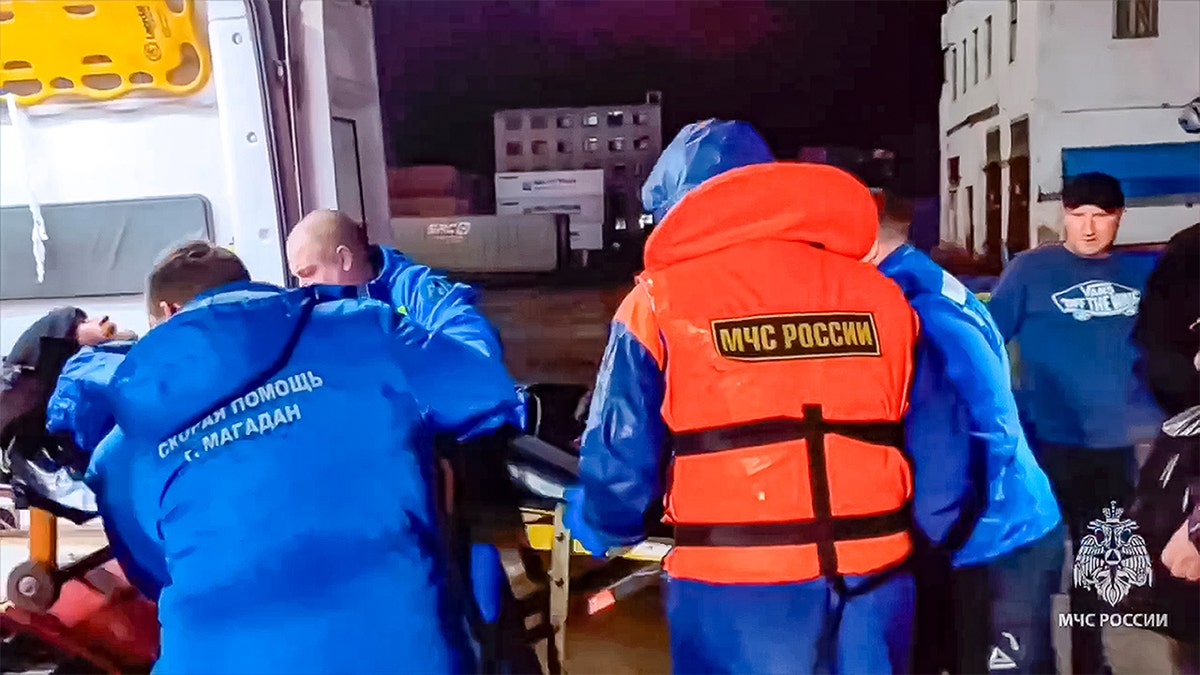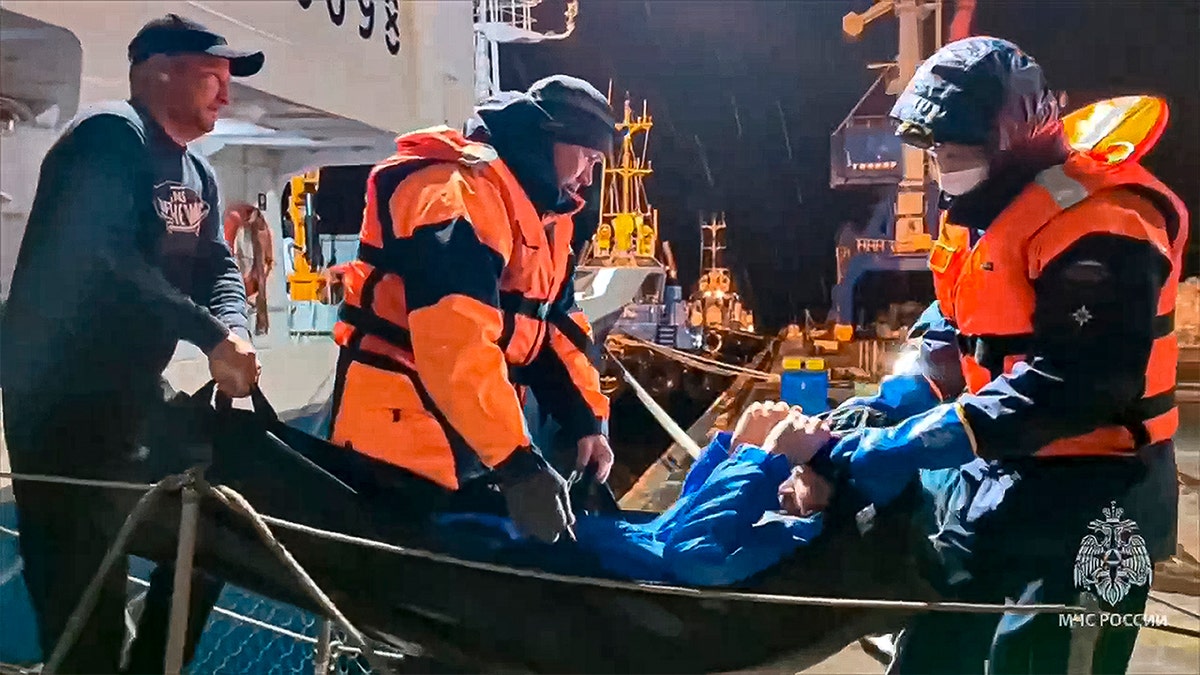INTERNACIONAL
Russian man rescued after 67 days adrift at sea. His family members didn’t make it.

Emergency crews in Russia rescued a man adrift at sea for more than two months in an inflatable boat, but his brother and nephew have died, officials said Tuesday.
According to the prosecutor’s office in the far east of Russia, the man was rescued Monday in the Sea of Okhotsk after a fishing vessel spotted him off the Kamchaka Peninsula, the Associated Press reported.
Russian news media identified the man as Mikhail Pichugin, 46, who in early August had set out on a whale-watching expedition with his 49-year-old brother and 15-year-old nephew. Their bodies were reportedly found in the boat when the Angel fishing vessel rescued Pichugin, per the AP.
Media reports said the three men traveled to the Shantar Islands off the northwestern shore of the Sea of Okhotsk in early August. They went missing after setting off for Sakhalin Island from Cape Perovsky in the Khabarovsk region on Aug. 9. A rescue effort was launched but failed to locate them.
ISRAEL REVEALS HEZBOLLAH SPECIAL FORCES TERRORIST ‘BUNKER’ LOCATED UNDER HOME WITH WEAPONS, MOTORCYCLES
In this photo taken from video released by the official Telegram channel of the Russian Far Eastern Transport Prosecutor’s Office on Tuesday, Oct. 15, 2024, a Russian man who spent more than two months adrift in an inflatable boat is seen before being rescued by a fishing vessel in the Okhotsk Sea near the village of Ust-Khairuzovo in the Kamchatka region of Russia. (Official Telegram channel of the Russian Far Eastern Transport Prosecutor’s Office via AP)
The three men had only a small food ration and about 5.2 gallons of water when the boat’s engine failed and they were left adrift, according to Russian media reports.
The crew of the fishing vessel did not immediately realize the blip on their radar was a boat but instead thought it might be a buoy or piece of junk, the news reports said. They were shocked when they used their spotlight and found a starving man in a boat.
Pichugin reportedly weighed just 110 pounds at the time of his rescue, having lost half of his body weight.
HARRIS’ OFF-PUTTING MANNER PUT ZELENSKYY ON DEFENSIVE AHEAD OF RUSSIAN INVASION, NEW BOOK REVEALS

In this photo taken from video released by Russian Emergency Ministry Press Service on Tuesday, Oct. 15, 2024, Russian emergency workers transfer Mikhail Pichugin into an ambulance ashore after he was rescued by a fishing vessel. (Russian Emergency Ministry Press Service via AP)
He didn’t immediately say how he managed to survive in the Sea of Okhotsk, the coldest sea in East Asia and known for its gales, or how his brother and nephew died. The crew of the ship that rescued Pichugin found their bodies tied to the boat to prevent them from being washed away by the sea, news reports said.
When Pichugin’s boat was found, it was drifting about 11 nautical miles of Kamchatka’s shore, about 540 nautical miles from their point of origin on the other side of the Sea of Okhotsk.
Video released by the prosecutor’s office showed an emaciated man desperately shouting «come here!» at his rescuers, the AP reported.
VLADIMIR PUTIN MEETS WITH IRANIAN PRESIDENT PEZESHKIAN TO CELEBRATE ‘VERY CLOSE’ RELATIONSHIP

Mikhail Pichugin is rescued after he was rescued by a fishing vessel following 67 days adrift. (Russian Emergency Ministry Press Service via AP)
«I have no strength left,» Pichugin told the rescue crew as they worked to get him to safety.
Prosecutors say they have opened an investigation into the incident and are eying charges related to safety rule violations that resulted in deaths.
CLICK HERE TO GET THE FOX NEWS APP
Pichugin was taken to an emergency care unit at the Magadan hospital, the AP reported. Chief doctor Yuri Lednev told reporters he was suffering from dehydration and hypothermia, but was in stable condition.
The Associated Press contributed to this report.
INTERNACIONAL
La guerra en Oriente Medio: la Unión Europea se reúne con los países del Golfo Pérsico para impulsar un alto el fuego
-
POLITICA3 días ago
Motivos y consejos para mantener una saliva saludable
-
POLITICA2 días ago
Menos turistas y gastos reducidos: el fin de semana largo no logró recuperar el turismo
-
ECONOMIA2 días ago
Inflación del 20% para 2025, el número que entusiasma a Caputo y que hace debatir al mercado
-
POLITICA16 horas ago
De Fiat 1600 a Ford Ranger: Los autos del rector de la UBA tras el escándalo del Alfa Romeo
-
POLITICA2 días ago
“Simeone le bajó el precio”: el nuevo valor de Julián Álvarez en el mercado que preocupa al Atlético Madrid
-
POLITICA3 días ago
La euforia de Javier Milei y la sorpresa de Axel Kicillof por la estocada que le clavó Cristina Kirchner






























